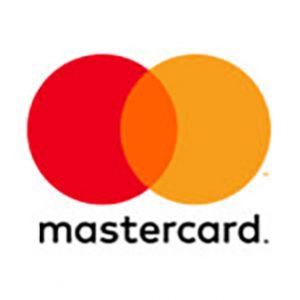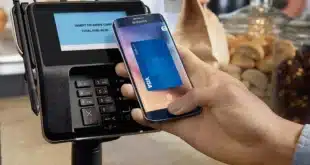After years of planning and deliberation, the payments industry is starting to announce services based on real-time processing. One of the first is Mastercard Inc., which on Wednesday unveiled a system that will allow consumers to view bills and then transfer funds to the billers within seconds. Experts see an opportunity for banks to use the new platform to win back customers who have strayed away to direct online payments to cable-TV companies, mobile carriers, and other billers.
While the service, called Bill Pay Exchange, embraces potentially 135,000 billers, it’s not set to launch until the middle of next year, following product integration and testing. “This is the next step in the evolution of faster payments in the [United States],” says Sarah Grotta, director of the debit-advisory service at Mercator Advisory Group, Maynard, Mass., in an email message.
The platform relies on processing by New York City-based The Clearing House and technology from London-based Vocalink, which Mastercard acquired in 2016. Vocalink built the real-time payments infrastructure TCH is in the process of rolling out to banks.

The new service, indeed, is seen as just the start of a range of faster-payments services Mastercard feels it can rely on Vocalink to build. “With Vocalink, we are in a unique position as the only network that has the technology capabilities and know-how to build faster payments applications at the pace the market requires,” said Colleen Taylor, executive vice president for new payment flows at Mastercard, in a statement.
For now, Mastercard’s work is centered on getting billers and banks ready for faster bill payments. The card network will not say how many billers it projects will be linked to the new platform when it launches next year. “We are working to upgrade these billers, who are currently on our current bill-payment platform called RPPs, to the exchange,” Taylor says in an email message.
Both banks and billers can connect to the exchange via third-party service providers, which so far include Fidelity National Information Services Inc., ACI Worldwide, Aliaswire Inc., Inlet LLC, and Transactis Inc.
Mastercard has not made any volume projections for the exchange, according to Taylor, but she cites statistics indicating an overall U.S. market of $4 trillion on 15 billion payments. The automated clearing house accounts for 46% of these payments, followed by credit and debit cards at 30%, checks at 17%, and cash, money orders, and prepaid debit cards at a combined 7%, according to Mastercard data. The company will not discuss fees or other commercial arrangements for the exchange.
Observers see potential for the new platform to help banks win back customers from biller-direct systems, which allow consumers to pay billers at their Web sites or via mobile apps. “Financial institutions have lost bill-pay customers to the biller-direct model. This may be a way for banks and credit unions to introduce a convenient real-time bill-pay solution that will bring back some of those transactions,” says Grotta.
The service may be especially valuable if it can attract Millennials, says independent payments analyst Patti Hewitt, in an email message. “The potential importance of this feature would be to lure younger consumers back to their bank to pay bills,” she notes. Consumers who habitually time their payments so they hit their accounts just before the deadline may also like the real-time availability, she adds, as it may allow them more leeway to avoid late fees.
But “speed to market” will be crucial, Grotta notes. “Being first-to-market is important. There could be a biller version of this capability waiting in the wings,” she says.





